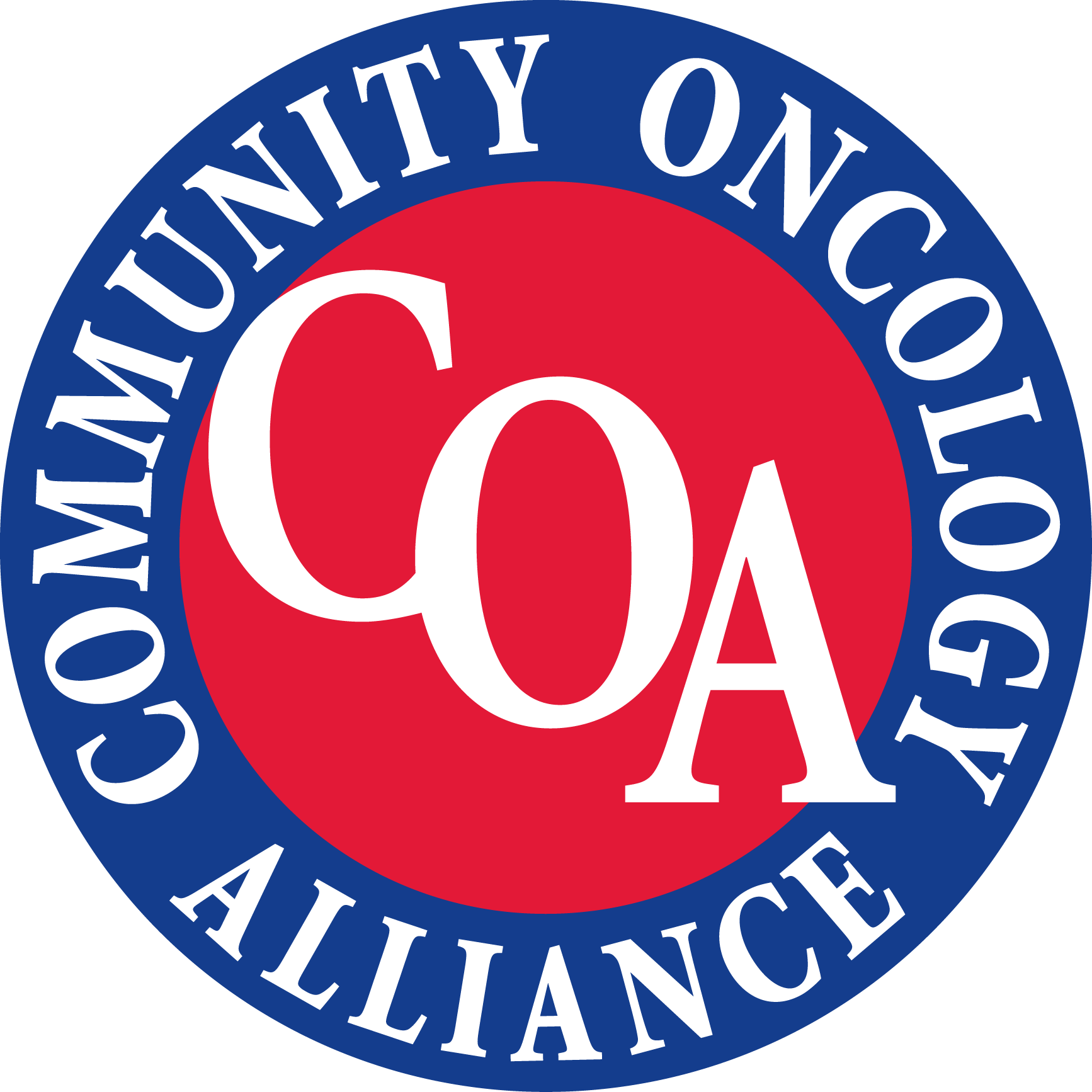
Contributor: It’s Time for Drug Middlemen to Own Up and Pass the Savings to Consumers

The dysfunction with pharmacy benefit managers (PBMs) is so troublesome that the Federal Trade Commission (FTC) is currently investigating how they have driven up costs. Until May 25, the FTC is holding a public comment period on PBM practices.
From groceries to gas prices, consumers are dealing with sticker shock in almost every part of the marketplace, including prescription drugs. Pharmacy benefit managers, or PBMs, are third-party administrators of prescription drug programs and are responsible for managing the pharmacy benefits of about 270 million Americans. Contracted by plan sponsors—including Medicaid programs, self-insured employers, and insurance companies—to negotiate on their behalf with pharmaceutical companies, these “middlemen” corporations have quietly become an unavoidable part of our nation’s healthcare system.
Today, 66 PBMs currently operate in the United States, and the 3 largest – Express Scripts, CVS Caremark, and OptumRx – control about 89% of drug benefits in this country. This includes the power to negotiate drug costs, decide which drugs will be included on plan formularies, and determine how these drugs are dispensed. Oftentimes, plans require patients to receive their medications through PBM-owned or affiliated specialty and mail-order pharmacies rather than allowing patients to receive their medications from their local independent pharmacy.
PBMs are using their size and market power to increase their own profits rather than deliver more affordable medicines to consumers. In some cases, they’re even restricting which medications are available to patients, instead mandating drugs that provide the PBMs with greater profits. The Community Oncology Alliance (COA) has collected over 200 PBM patient stories related to delays in receiving their medications and increased costs.
Some PBMs also restrict doctors, requiring them to use high-cost, brand-name drugs even when less-expensive generic drugs or lower-cost, brand-name drugs were available. PBMs also profit from drug companies by requiring the pharmaceutical company to provide the PBM a rebate so their product will be included on the list of approved drugs the insurer would cover—even if drug question costs more or is less effective than a competitor.
Over $450 billion is spent at the pharmacy each year, with 96% of that spend processed by a PBM. So far, PBMs have kept their arrangements with drug manufacturers a secret—allowing them to charge higher drug prices to their customers than what they admit to paying themselves, pocketing the difference.
The dysfunction in the system is so troublesome that the Federal Trade Commission (FTC) is currently investigating how PBMs have driven up costs. Until May 25, the FTC is holding a
PBMs have abused their responsibility to protect Americans from this country’s drug pricing crisis, instead exploiting the opacity throughout the nation’s drug supply chain to enrich themselves.
Any discount given to a PBM based on “the volume of sales” should be passed through in full to the client health plans, and any payment received by the PBM from a drug manufacturer in connection with drug switching should also be passed through in full.
Replacing rebates with more transparency is an important step in bringing US drug prices back under control.Consumers shouldn’t have to choose between buying groceries and purchasing medicines just so PBMs can continue to squeeze profits from patients.
PBMs must stop demanding huge discounts on drugs and then failing to return those discounts to consumers. Each day that goes by, physicians and most importantly, patients, become increasingly powerless due to the increased strength of PBMs. The result is a system where patients receive inferior drugs, while paying more out-of-pocket for their medications.
Author Information
Kathy Oubre, MS, is CEO of Pontchartrain Cancer Center, based in Covington, Louisiana. She is a board member for the Center for Biosimilars and a member of the editorial board of Evidence-Based Oncology™.
Newsletter
Stay ahead of policy, cost, and value—subscribe to AJMC for expert insights at the intersection of clinical care and health economics.








